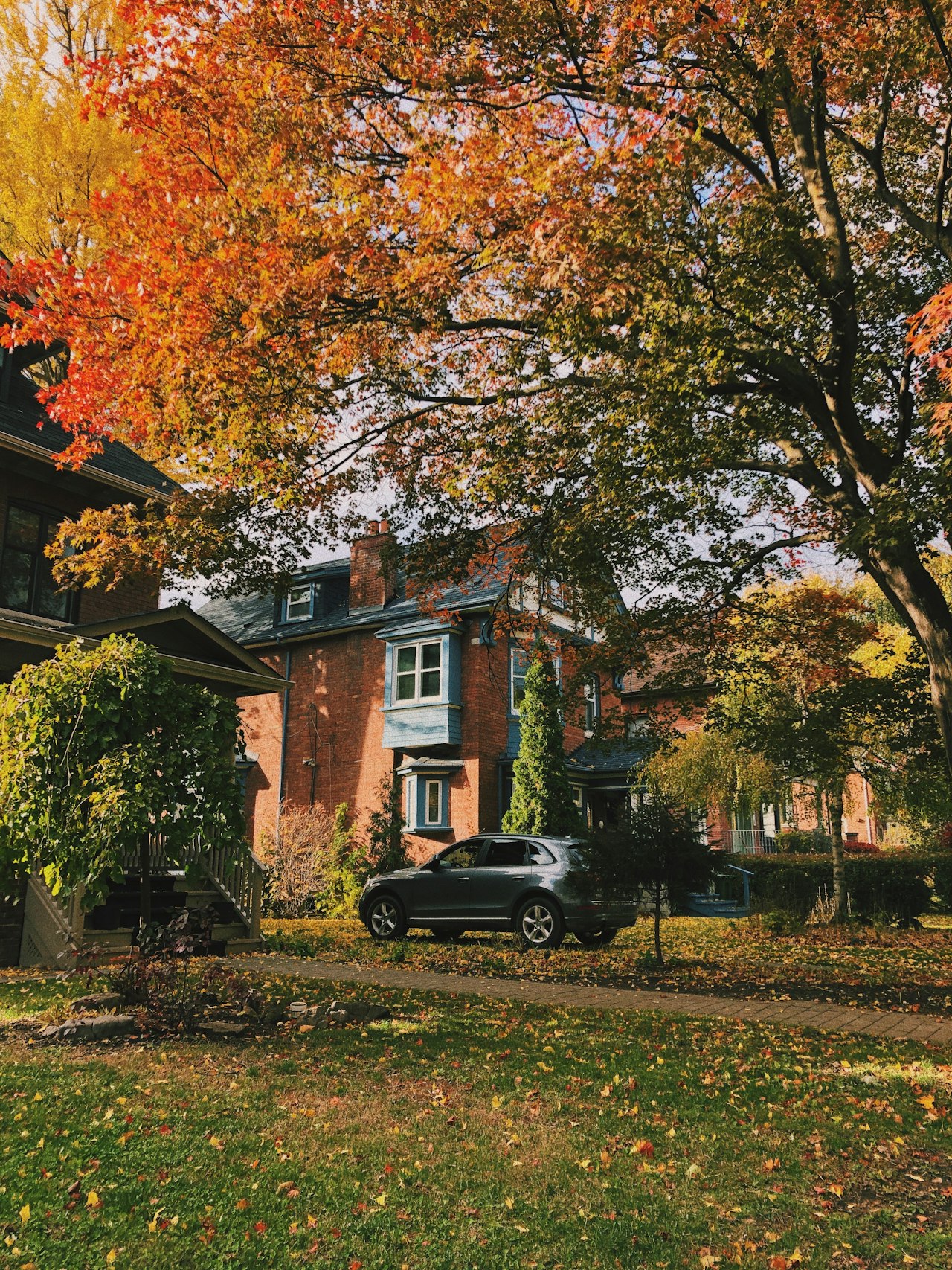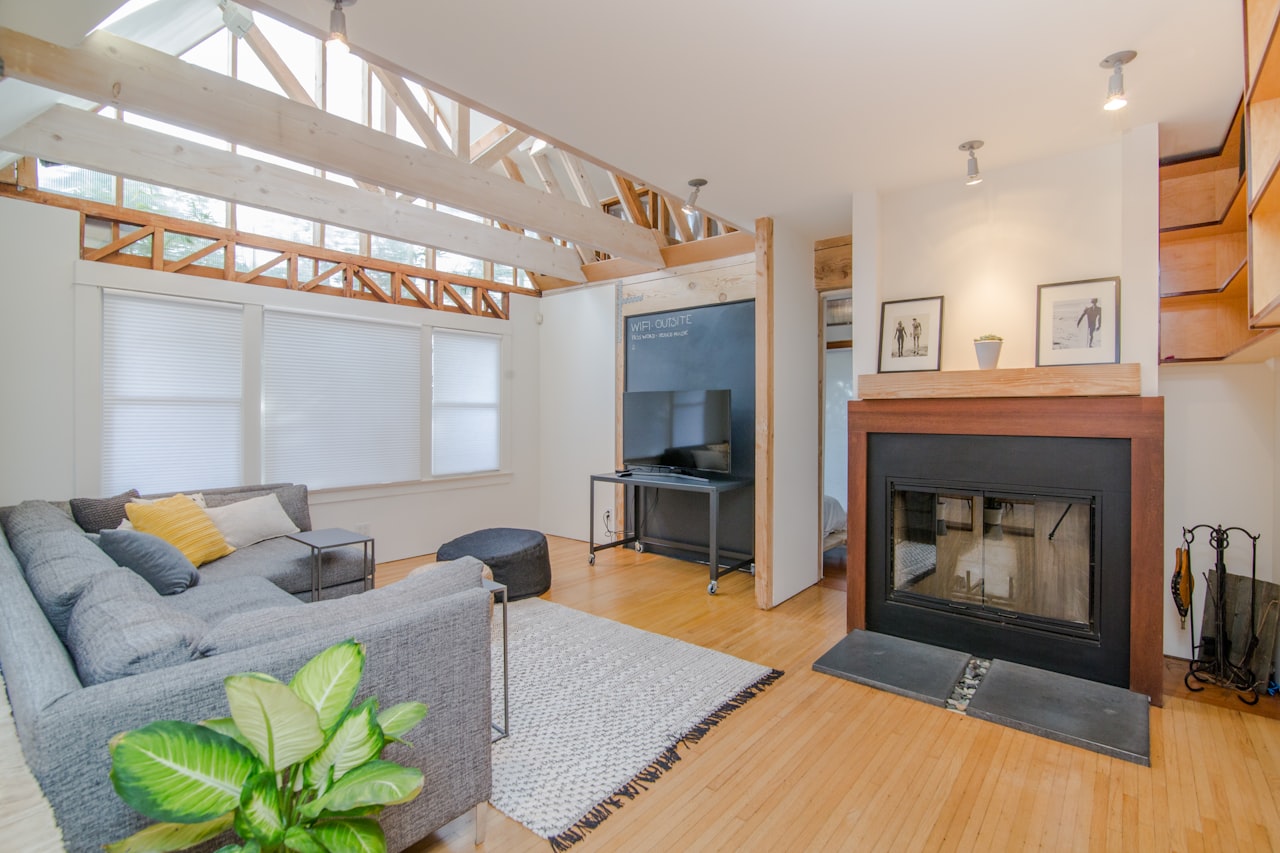A crisp autumn air sweeps through Chicago’s streets, and with it, the real estate market begins its own quiet transformation. Fall marks a time when the city itself seems to slow down, but for savvy buyers and sellers, October starts the season of opportunity. The shifting light on Lake Michigan mirrors changes in the market, where slower days don’t necessarily mean fewer opportunities. In fact, the cooler months often reveal hidden gems and create conditions ripe for negotiations, timing, and strategic moves. In 2024, as the leaves change, so do the dynamics of Chicago real estate, offering a unique moment for those ready to adapt and act.
Chicago’s Fall Market: A Window of Opportunity
In contrast to the fast-paced spring and summer months, fall in Chicago’s real estate market offers a window of opportunity for both buyers and sellers. While the market tends to cool slightly, it doesn’t stall—there’s still a significant amount of activity, especially as people aim to complete transactions before winter. Here’s why fall can be the perfect time for real estate moves in the city:
- Less Competition: Summer typically draws the highest number of buyers, with families looking to relocate before the school year starts and investors eager to capitalize on the high demand. With fewer bidders, buyers may have a better chance of negotiating favorable deals, especially as sellers become more eager to close before the colder months.
- Price Adjustments: According to a 2024 report by the Chicago Association of Realtors (CAR), price reductions are more common in the fall as sellers adjust their expectations after the summer surge. Homes that have been on the market through the summer months may see slight price drops, creating opportunities for buyers looking for a bargain. CAR notes that in recent years, price adjustments in October have averaged around 2-3%, providing potential savings for buyers who remain patient.
- Sellers Are Motivated: Fall sellers are often serious about closing before the holidays or the start of winter, which can lead to faster transactions. In Chicago, where the winter season can bring harsh weather, many sellers prefer to avoid listing in November or December, when buyers are more hesitant to make moves. This urgency creates a favorable dynamic for negotiations.
Key Fall Market Trends
-
Condominium Sales Are on the Rise: Chicago’s condominium market has seen steady growth in 2024, particularly in the downtown and near-north neighborhoods. Condos remain attractive for young professionals and downsizing retirees alike, thanks to their relatively lower prices compared to single-family homes and their proximity to amenities. As of fall 2024, the average price for a Chicago condo sits around $375,000, a slight increase from 2023, but with interest rates stabilizing after earlier fluctuations, the demand for these properties remains strong.
Moreover, new developments along the Chicago River and in emerging areas like Fulton Market continue to attract buyers looking for modern, high-rise living with access to cultural, business, and dining hubs.
-
Interest Rates Stabilize Buyer Behavior: After a few years of fluctuating interest rates, the Federal Reserve’s decision to stabilize rates in mid-2024 has brought some relief to buyers concerned about rising mortgage costs. In Chicago, mortgage rates have averaged around 6.5% for much of the year, with a slight dip to 6.2% in the fall, according to Freddie Mac. This stability has encouraged more buyers to enter the market, knowing that rates may not climb dramatically in the short term.
While still higher than the ultra-low rates seen during the pandemic, these current rates are pushing many buyers to act now rather than waiting for future fluctuations. For sellers, this means a steady pool of interested buyers, particularly for well-priced homes in desirable areas like Lincoln Park, Lakeview, and the Gold Coast.
-
Suburban Markets See Strong Demand: In 2024, Chicago’s suburban real estate market continues to thrive, driven by both rising interest in larger homes and hybrid work models. Fall is a particularly favorable time for suburban home sales, as families who delayed summer moves look to settle in before winter. Towns such as Naperville, Oak Park, and Evanston have experienced steady demand, with inventory tightening slightly as sellers who didn’t meet their summer deadlines are now listing in fall.
Fall Selling Tips
If you’re considering selling your Chicago property in the fall of 2024, there are several strategies you can use to make your home stand out:
- Enhance Curb Appeal: Chicago's fall foliage offers a natural boost to curb appeal, but homeowners can enhance this with seasonal décor—think pumpkins, mums, and warm, welcoming touches. Clean walkways, trim hedges, and make sure the exterior is well-maintained to make the best first impression.
- Warm Interior Staging: Buyers in fall are often looking for spaces where they can picture themselves settling in for the winter holidays, so consider staging your home to evoke that mood.
- Price Strategically: With many fall buyers looking for deals, setting a competitive price from the start can help you attract serious buyers and avoid the need for price reductions later. Work closely with a local real estate agent who understands the seasonal market trends and can help you position your property effectively.
Looking Ahead (What to Expect This Winter)
As we approach the winter of 2024, the Chicago real estate market is expected to slow, particularly after the holiday season begins. However, for those looking to make a move, winter can still offer opportunities. Buyers may find even less competition, and while inventory typically decreases, sellers who list during this period are often highly motivated to close quickly.
For investors, the winter season can provide opportunities in distressed properties or homes that didn’t sell in fall, especially in up-and-coming neighborhoods. As with any season, success in winter real estate comes down to understanding market dynamics and working with a knowledgeable real estate professional who can guide you through the process.
As you enjoy the beauty of the changing leaves along Michigan Avenue or in the suburbs, keep an eye on the changing tides of the real estate market—you might just “fall” into the perfect opportunity.



































































































